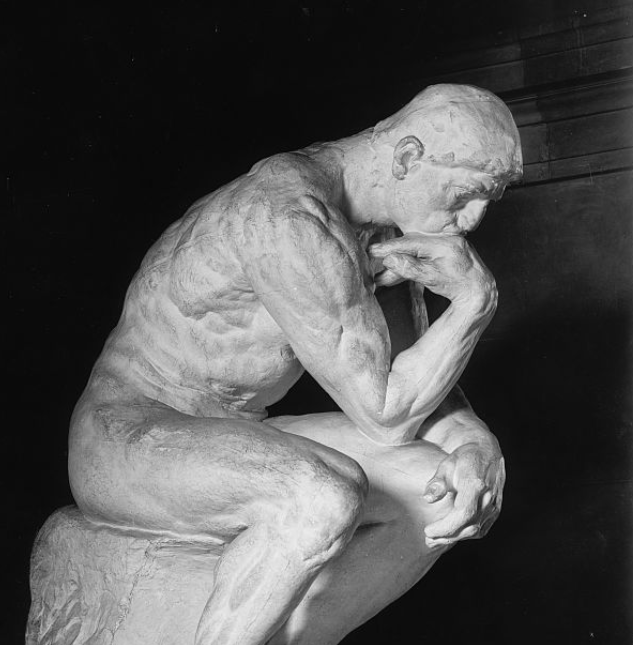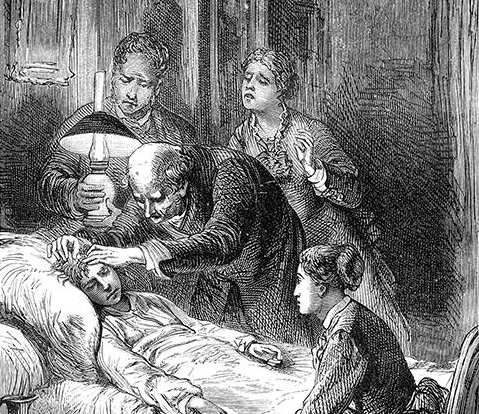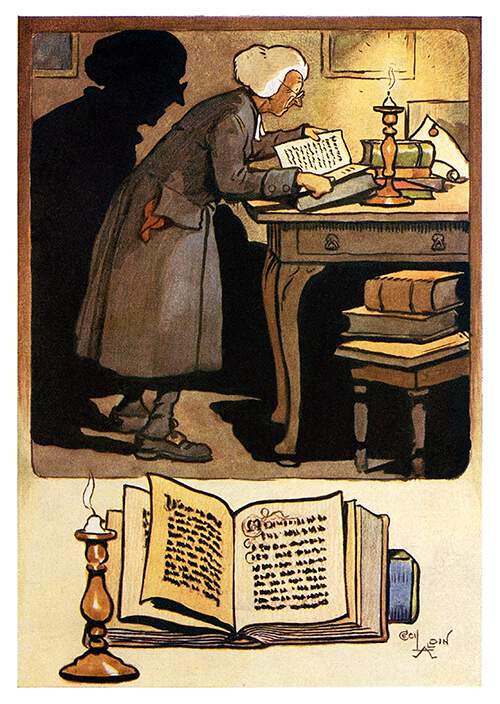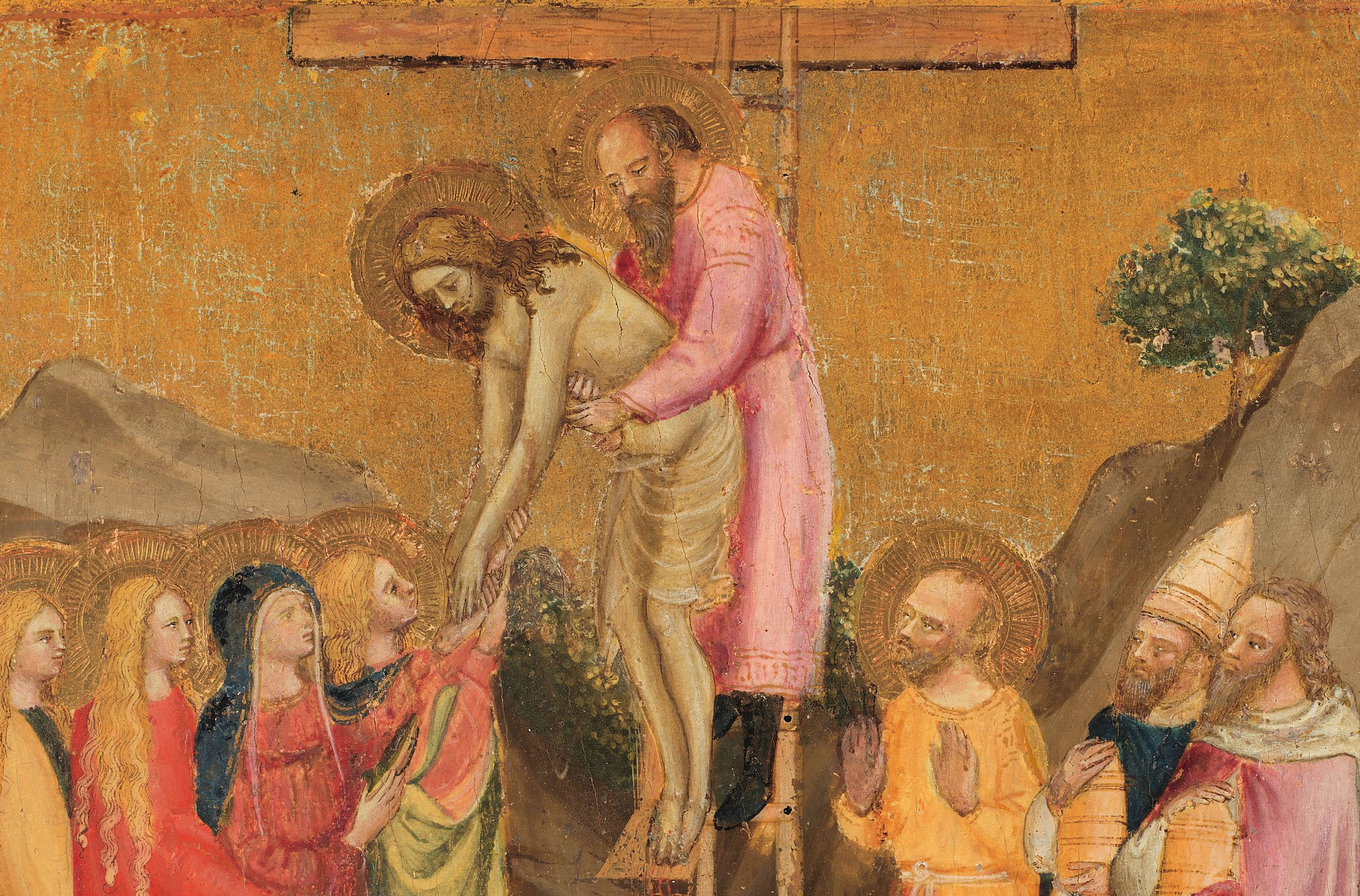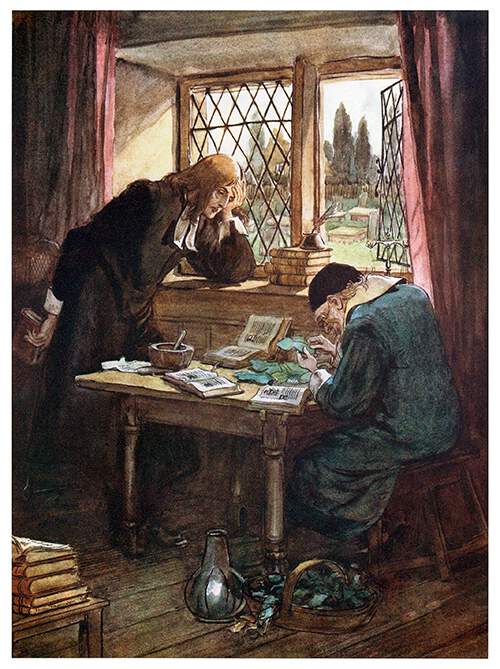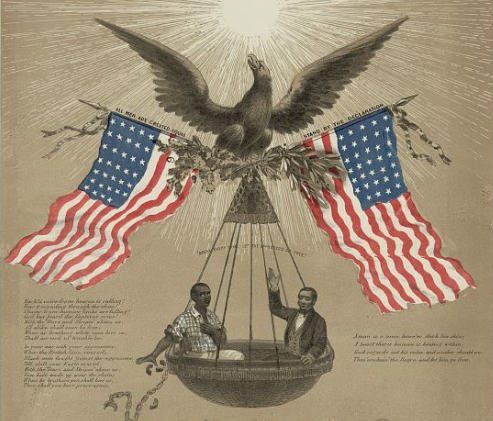The atheist Albert Camus retooled the Greek myth of Sisyphus and fitted it as an allegory of the human plight. The gods had doomed Sisyphus to the senseless task of rolling a rock up a mountain only to watch it fall back down again. It all seemed pointless and empty, like much of modern life, and this was where Camus found the parallel. To be sure, Camus was wrestling with something more foundational than just the mundane and hurried nature of much modern life. As an atheist, Camus was forced to reckon with the fact that once God is removed from one’s beliefs, life itself appears hollow. The universe, after all, cares nothing about our existence and did nothing to bring us into being. Our great accomplishments are simply the absurd quest of meaning-making beings in an otherwise meaningless world. Such things might be significant for us now, but even this significance will dissipate when we exhale our last breath.
Despite the pointlessness of modern life and Sisyphus’ task of repeatedly rolling the rock up the mountain, Camus calls us to view Sisyphus as in some sense fulfilled. He concludes his analogy by writing: “But Sisyphus teaches the higher fidelity that negates the gods and raises the rocks. He too concludes that all is well. This universe henceforth without a master seems to him neither sterile nor futile. Each atom of that stone, each mineral flake of that night filled mountain, in itself forms a world. The struggle itself toward the heights is enough to fill a man’s heart. One must imagine Sisyphus happy” (Camus, “The Myth of Sisyphus,” http://dbanach.com/sisyphus.htm <accessed on December 23, 2021>).
That last line has always struck me as the Achilles’ heel of the allegory. Up to that point, Camus had written with such conviction that Sisyphus’ plight had meaning, even if the universe be without a master. Saying that “each mineral flake of the night filled mountain, in itself forms a world” strikes one initially as compelling, if not inspiring. Maybe that could fill a person’s heart. However, at the end, he must appeal to imagining that Sisyphus is happy. That, to me, is really the crux of the issue. Is this all just wishful thinking? Is Sisyphus really happy in this master-less world? Is the long hard slog of working just to get by or watching our bodies age and decay really a merry process? This world of incredible beauty can still be cruel and harsh. Can Sisyphus successfully overcome that? I, for one, am not convinced.
For this reason, I was particularly struck by the words of “It Came upon a Midnight Clear” as we sang them this past Sunday. The reality the third verse depicted mirrored Sisyphus’ plight: “And ye, beneath life’s crushing load, whose forms are bending low, who toil along the climbing way with painful steps and slow, look now! For glad and golden hours come swiftly on the wing. O rest beside the weary road, and hear the angels sing!” While the words paralleled the drudgery that Sisyphus faced, the carol offered a different response. Rather than grinding away at the task and trying to imagine it as more enjoyable than what it is, the verse invites beleaguered travelers to rest and listen to the angels sing. What do they sing? The first verse of the carol tells us the angels sang: “Peace on earth, good will to men, from heaven’s all-gracious King.” There is peace because this King has come to earth to reclaim what is rightfully his. He will remove the forces of chaos and evil so that, as the last verse says, “peace shall over all the earth its ancient splendor fling.”
Perhaps this Christmas season, you resonate with the pointlessness that dogged Sisyphus. If so, maybe it is time to rest and listen to the angels sing. Their voice might strike our disenchanted hearts as a mere whisper, but that doesn’t mean their song is any less true. It might just be that their melodic tones will lift our gaze from our burdens to see that we are part of a larger, more meaningful story full of peace and glory that was set in motion by the Christ child. In the midst of this hurried Christmas season, make time to rest and hear what the angels sang. For if the God of heaven has become one of us so we could share in his blessedness, then we certainly do not have to resort to imagining that “each mineral flake” needs to fill our hearts. Maybe he wants to fill our hearts with himself.


